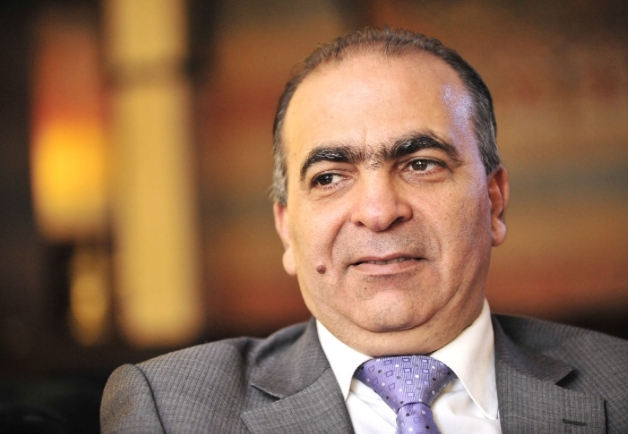In Syria today there are more than 20 Sunni and Shiite sectarian militias, each one funded and guided from outside the country, in addition to the armies of four countries — two of the biggest national forces in the world (America and Russia) and two among the strongest in the region (Turkey and Iran) — as well as the intelligence services and funds of more than 10 other nations which are present and have an influence within Syrian territory.
Although several of the Arab Spring countries have suffered and are still suffering from a power vacuum after the departure of their dictatorships, the world and the region have helped, facilitated or been silent, and have abandoned these people, leaving their countries floundering on the road to find solutions. The one exception was Syria, given its geopolitical position which is different from the other Arab Spring countries, and which made it coveted by many regional and international powers, because of the possible impacts of regime change on the regional balance.
Since the beginning, Iran has understood the danger to the Assad mafia regime, which yields entirely to its desires and is one of its discount-price tools to achieve its ambitions in the region. And so it was among the first regional forces to announce its military presence on Syrian territory to assist the Damascus tyrant in oppressing the Syrians, beginning with its Lebanese sectarian mercenaries, and then its Iraqi shabeeha, followed by direct intervention with the Revolutionary Guard.
It was followed by Turkey, first with its support for Syrian political Islam, funded by Qatar, to confront the rival Iranian political Islam, and then through sending the Turkish army to occupy specific areas in Syria when it deemed there was a direct threat to its national security which its Islamist fighters could not derail.
Then when the Iranians were unable to prevent the fall of Assad, the Russians intervened. The Russian tsar believed that this was his chance to prevent Russia’s final removal from the Middle East and make an attempt to make its mark in the most important country in the area at a highly reduced price.
The Arab interventions were confused with competition between each other and lacked any united strategy, which made its effect impalpable in some cases and harmful in others. While the Obama administration and Israel left everyone to drown in the Syrian swamp, as Israel profited both from the destruction of Syria and from Iran and its militias' loss of their Arab base, as well as the bleeding of both Iran and Turkey — the only competitors to Israeli hegemony in the region.
Finally, the Trump administration came and ended the American neutrality and announced its open military presence on Syrian territory, disappointing both Tehran and Moscow and ending Russia’s isolation on the Syrian issue.
With a complete and realistic view of Syria and the forces present there and competing for it, we will find that there are real regional and international conflicts, sometimes direct and sometimes through local proxies. Its biggest danger is the fragmentation of Syrian society, ethnically and religiously, and an attempt to conscript its youth to serve the projects of the countries competing and looking for fighters to serve their interests in exchange for money and weapons.
Syrian national interest requires the restoration of the unity of Syrian society as a basis for the return of the unity of the Syrian state. This requires work to shield Syria from outside machinations and prevent its split into confederacies in order to end the polarization of its demographic groups, as well as work to free the future Syrian state from religions and sects and reassure all Syrian religious and ethnic constituents that their future and their rights shall be safeguarded in a free, neutral, future Syria, preventing the continuation of the exploitation of their fears by regional forces avid to dominate Syria.
This article was tranlated and edited by The Syrian Observer. Responsibility for the information and views set out in this article lies entirely with the author.


